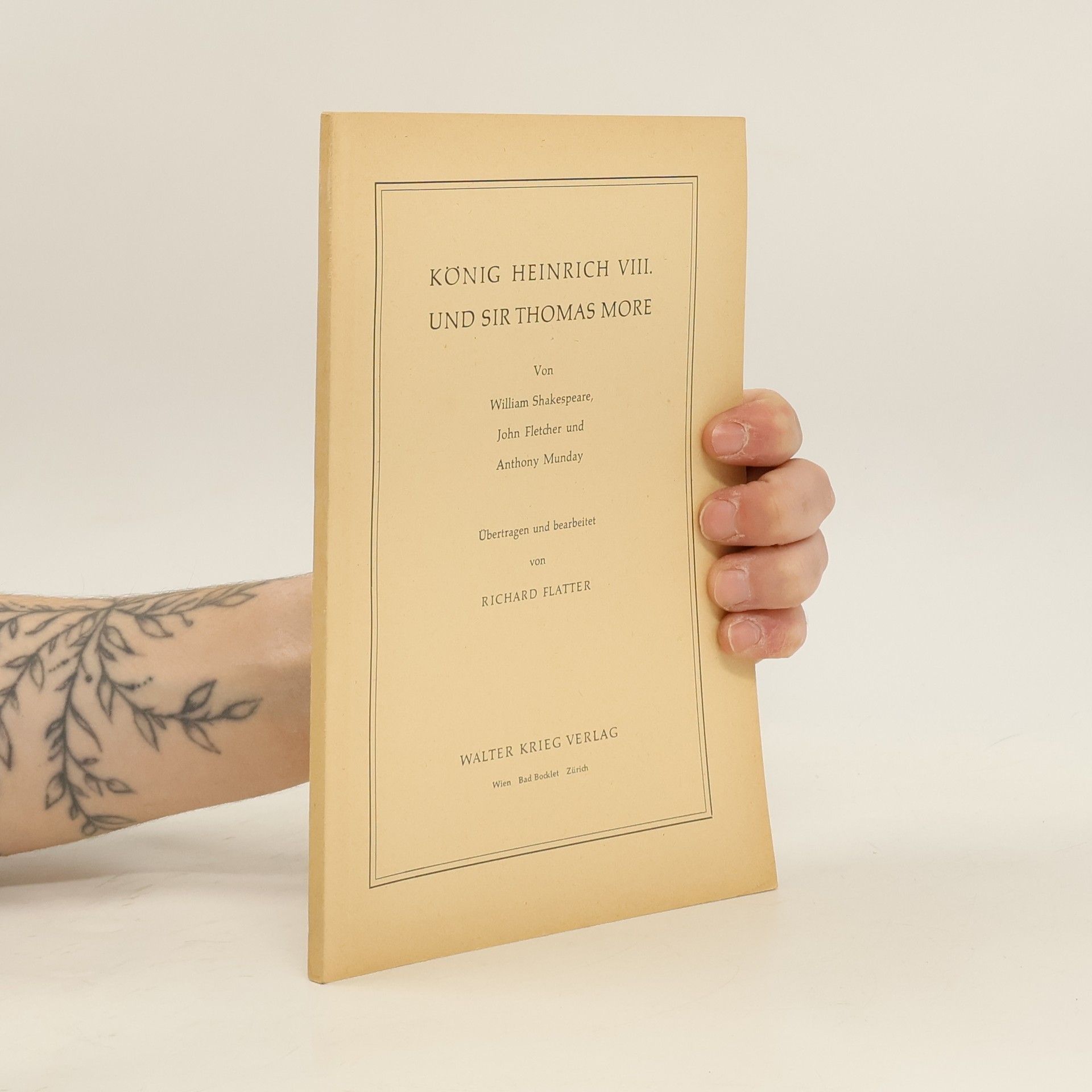The Death of Robert Earl of Huntington (Hardback)
- 112 páginas
- 4 horas de lectura
The Downfall of Robert Earl of Huntington and The Death of Robert Earl of Huntington are two closely related Elizabethan-era stage plays on the Robin Hood legend, that were written by Anthony Munday (possibly with help from Henry Chettle) in 1598 and published in 1601. They are among the relatively few surviving examples of the popular drama acted by the Admiral's Men during the Shakespearean era.

